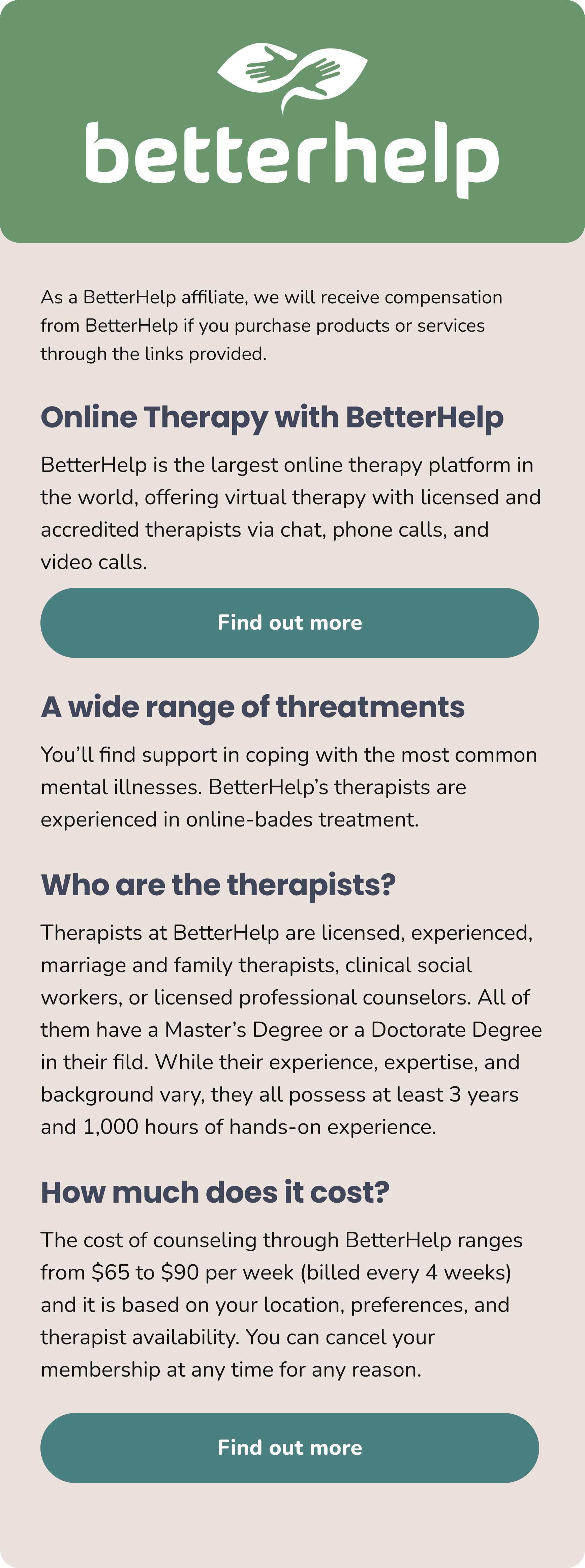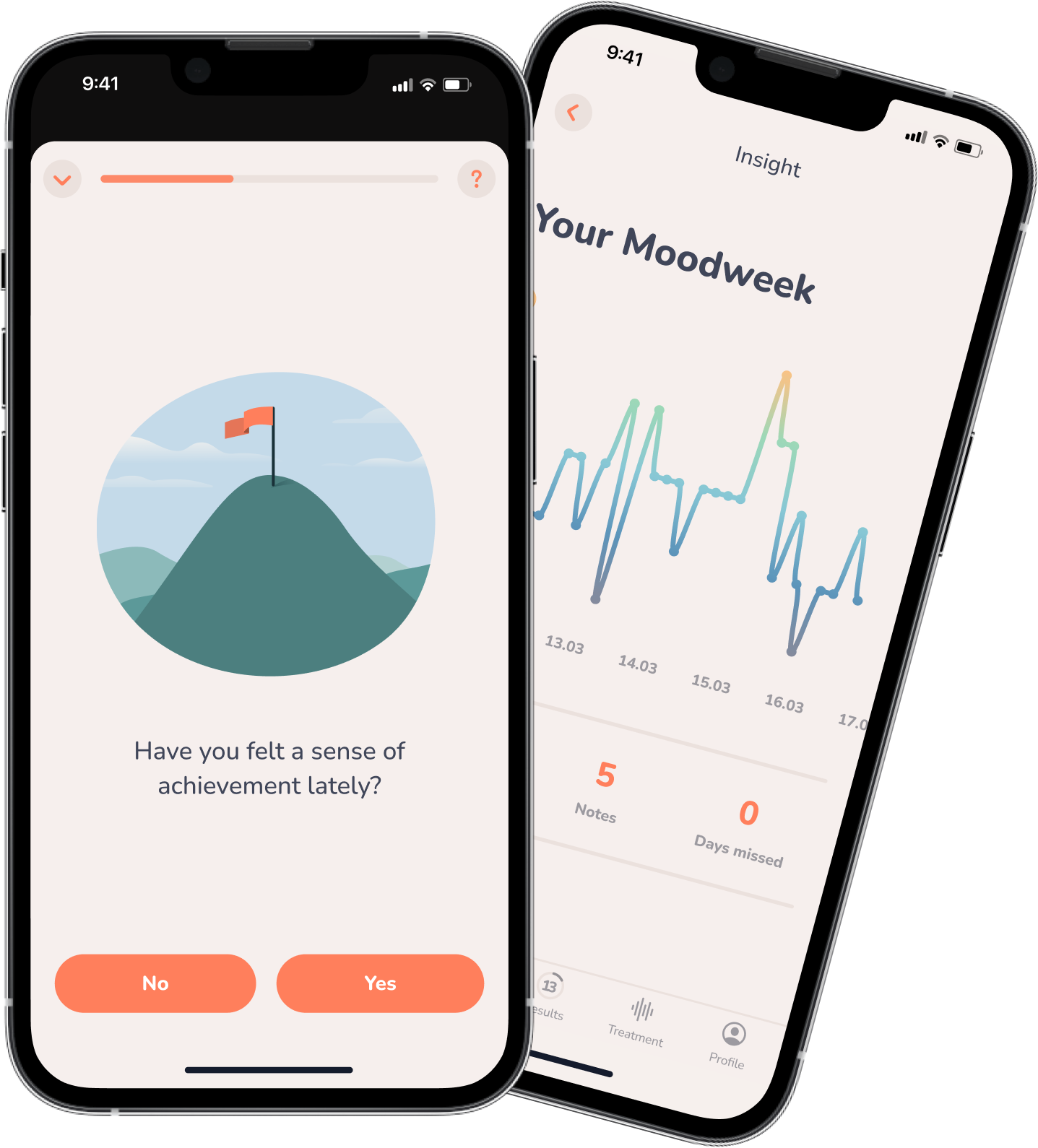Insight
Feeling Alone? Find out Why and What You Can Do about It!
In our modern society, many people feel depressed and lonely. You are definitely not alone. The good news is there are ways to understand and change your current situation. We have some useful tips that can help you feel better and alleviate feelings of loneliness.
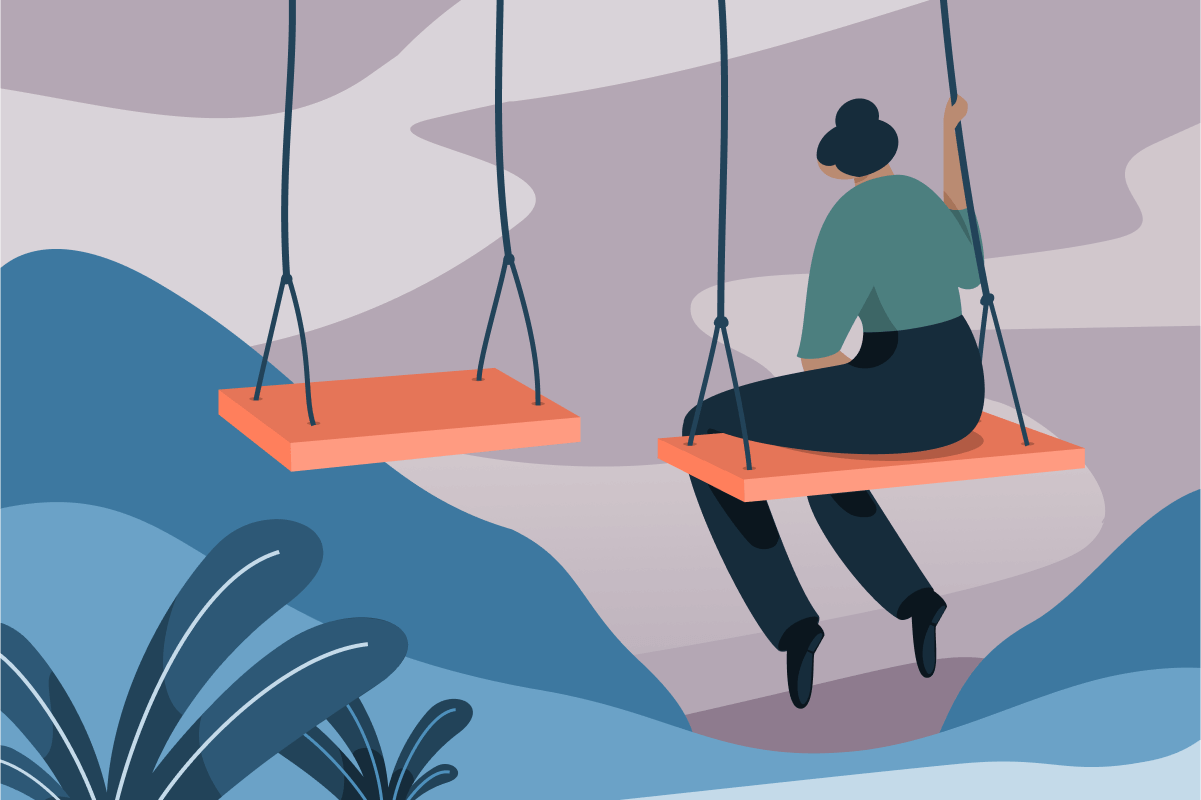
First Step: Don’t Underestimate Loneliness!
In the beginning of 2018, the UK appointed a minister of loneliness—you might be surprised and ask yourself why it is necessary to address loneliness on a political level? In fact, research shows that feeling lonely can have severe effects on our health and well-being.
But let’s start by understanding what loneliness actually is. Like so many, you might have plenty of friends and family around you every day, but still feel lonely. Does that even make sense? Yes, it does! Feeling lonely is not necessarily the same as being alone. Actually, most of us have conversations every day and are in fact not alone—however, many still feel lonely. This subjective feeling usually arises when the actual social contacts in our lives don’t meet our desired interactions.
Loneliness makes us feel sad. Going further, it can also lead to us not sleeping well, changes in blood pressure, and to depression. Hence, loneliness constitutes a serious public health issue, especially for the younger population, aged 18 to 37. According to several surveys from the United States, almost half of those surveyed reported feeling lonely some or most of the time.
Despite the possible negative consequences of loneliness, it doesn’t mean that feeling lonely once in a while will lead to you being depressed immediately or dying earlier, of course. However, if you feel lonely much of the time and you see how it impacts your daily life and well-being, it’s a good idea to find out why you feel the way you do and take action to change it.
Possible Reasons for Loneliness
Of course, we are all individuals with different life experiences and our own reasons for feeling lonely, which are sometimes difficult to identify. Here are some of the more common reasons people report feeling alone at times:
- New situations due to life-changes: Attending a new university or job, moving to another city or country, the death of a friend or relative, relationship break-ups . . . all these things can make us face a new challenge, which we might not feel comfortable with at first and feel lonely because our daily habits and social contacts are changing.
- The inactivity trap: When we feel depressed, we might not be in the mood to meet other people, preferring, instead, to withdraw from the rest of the world. This can lead us to feel lonely, which then increases our depressive symptoms. A tricky vicious cycle that we should try to break out of!
- Quality over quantity! It’s not necessarily the number of people around you that are important—more essential is the quality of your relationships. You might have 500 friends on Facebook, but no one you would actually want to talk to about your personal issues or who supports you during difficult times. Feeling like you have no one to turn to when you need help might lead you to feel lonely in a room full of people you call your friends.
- Feeling different: The subjective thought of being very different than others in your social circle can contribute to feelings of loneliness. For instance, if you don’t like going to parties but those around you love them, you can feel more detached.
So, how can we change our feelings of loneliness?
Whether you know why you’re feeling lonely, you can do something to begin changing your current situation
Tips to Help You Feel Less Lonely
- Find people who feel the same way: Look for activities or groups you can join where you’re more likely to meet people who feel the same way you do. Take advantage of some interesting new trends such as meet-ups designed around a specific activity. One, for example, brings together strangers who enjoy cooking. They meet and cook and eat together and possibly find new friendships in the process. Reading blog articles written by other people affected by depression or loneliness can also help you understand your own feelings better.
- Mingle! Instead of sitting at home, go outside for a walk, to a café, to the park and read a good book where others will be around you. Just being in an environment filled with sounds of other living beings can make you feel less alone.
- Use social media: Staying connected through various social media outlets with other people who are important to us but might not live in the same place as we do can help. Social media not only helps us stay in touch with loved ones easily, but this can also be a way to meet new people. If it feels too difficult to go outside, the internet can be beneficial for decreasing loneliness. But this doesn’t mean you should be on the internet the whole day—find a healthy balance and be conscious about your usage.
- Do you believe…? Meditation, religiosity, or spirituality can help many lonely people cope with difficult situations.
- Activate your body – do sports, exercise! This can help with depression and also give you an opportunity to meet other people that share your interests.
- Reflect upon your current living situation: Do you live alone? Perhaps it would be a good idea to consider moving in with some friends or family?
- Find someone to talk to about how you feel, someone you can trust—if you feel uncomfortable talking to friends, consider going to a therapist. Asking for help is definitely not a taboo!
Don’t forget – you are not the only one feeling lonely! There are many people who feel the same way, and you should not be dealing with sad and lonely feelings by yourself. Try to figure out the cause and ask yourself what might make you feel better. We often have an innate sense of what it is we need—or we might need to step out of our comfort zone, change our lifestyle, or ask others for support to feel better in the end.
If you’re unsure why you’re feeling lonely and think that depression might be a cause, you can download our app MindDoc. The app will help you find out if you are experiencing a depressive episode and provide helpful suggestions on what you can do about it.
The MindDoc app also provides information about basic psychological needs and explores where feelings like loneliness typically come from. A course that might be particularly helpful is “Why Am I Feeling This Way?” It’s located in the “Discover” tab under the “Emotions” category.
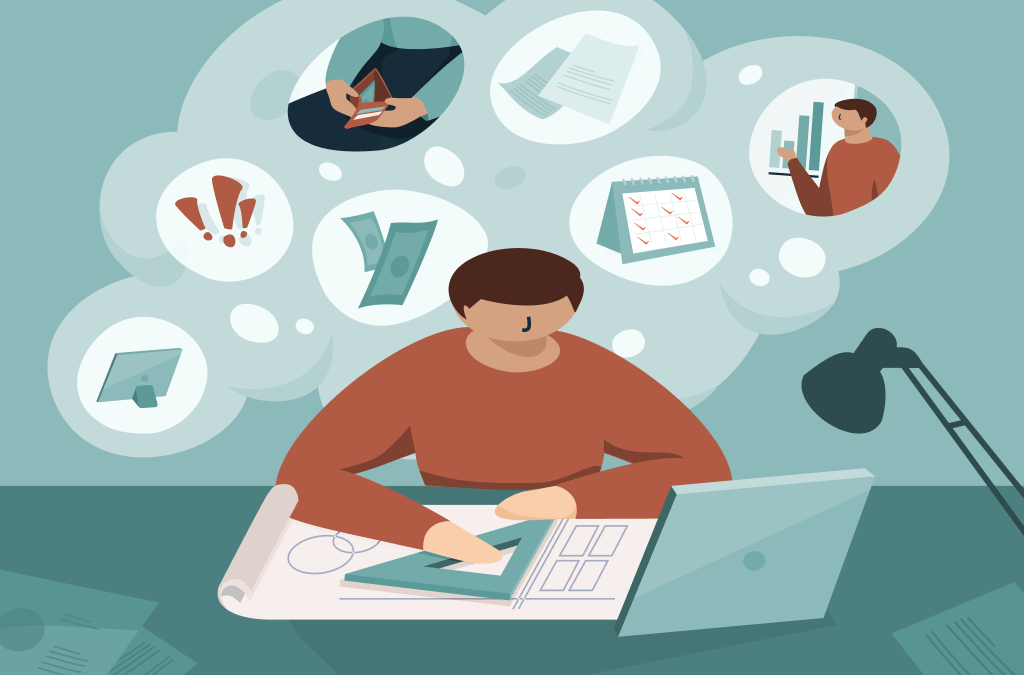
Psychological Needs in the Workplace: How to Meet Them
Deadlines, conflicts, pressure to perform—many people grapple with stressors at work. The extent to which these weigh on someone depends in large part on whether psychological needs are being met at work.
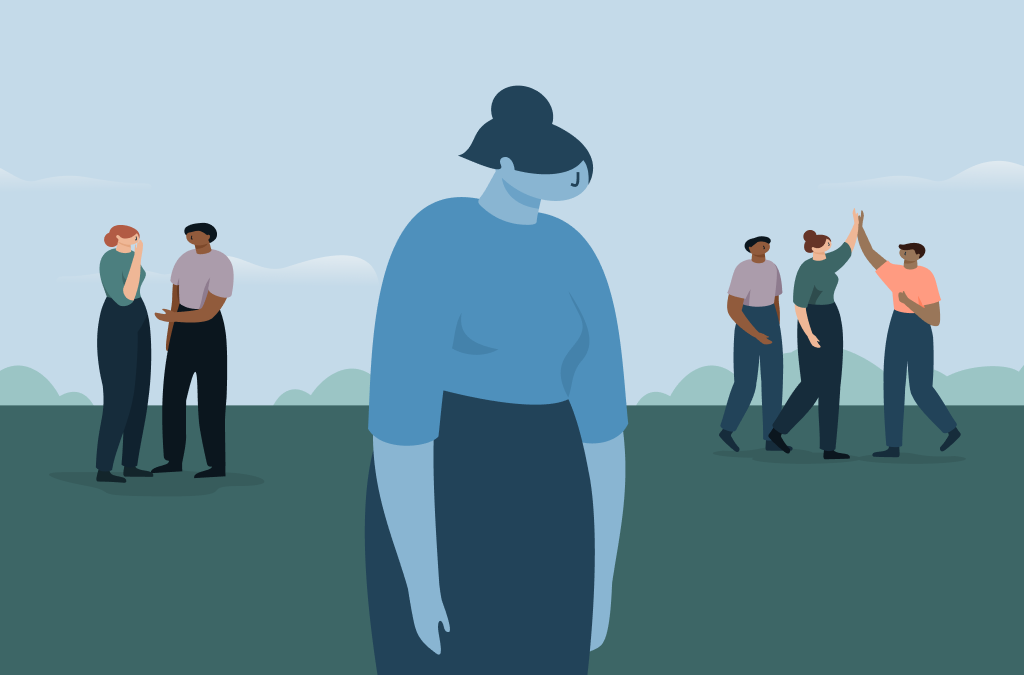
High-Functioning Depression: The Hidden Suffering
When people think of depression, usually intense sadness, low energy, social withdrawal, difficulty getting out of bed, and managing daily life come to mind. But this is not always the case.
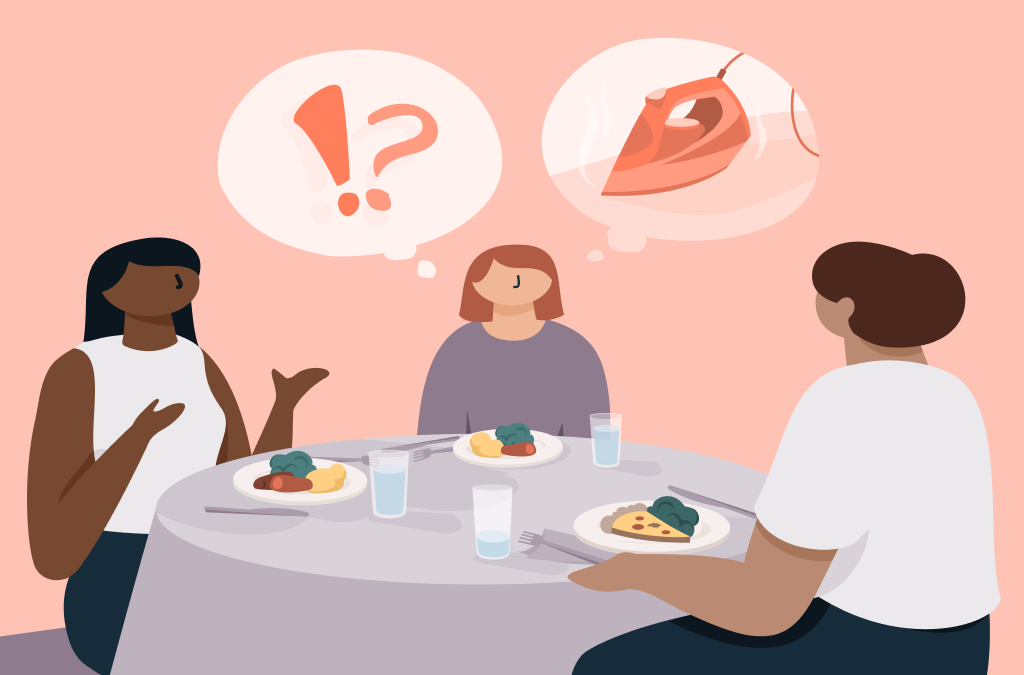
Obsessive-Compulsive Disorder: When Thoughts and Actions Become Torture
In this article, we explore what characterizes such thoughts and behaviors as well as how they can be treated.
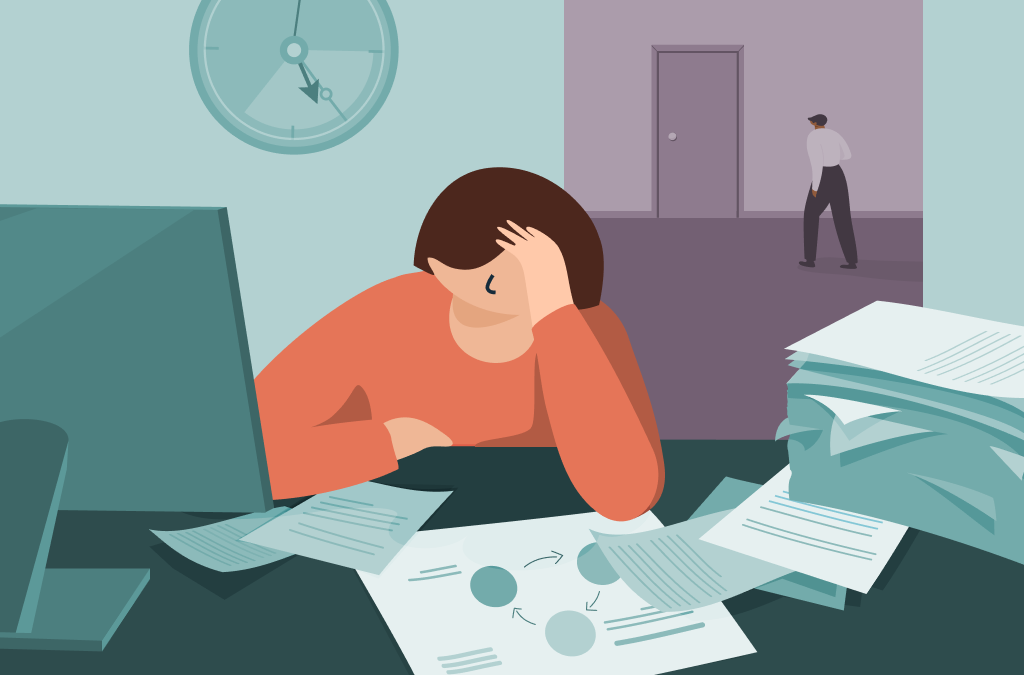
Bullied at Work—Here’s What You Can Do!
In this article, we look at the nature of workplace bullying, its causes and consequences, and what you can do if you are being bullied at work.
